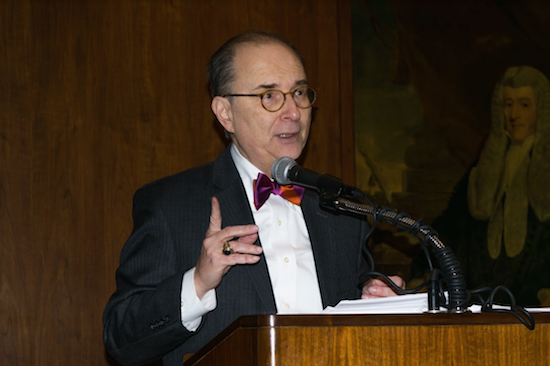Justice Kamins gives annual search and seizure law update at Kings County Criminal Bar Association meeting

Search and seizure law is a cornerstone of criminal defense practice, which is why the Kings County Criminal Bar Association invited Justice Barry Kamins, the person who literally wrote the book on the subject, for an annual update in the dense field.
Justice Kamins, the former administrative judge of the Kings County Supreme Court, Criminal Term, wrote the first edition of “New York Search and Seizure” in 1991 and has updated it every year since. The 2018 edition just came out earlier this month.

Brooklyn Boro
View MoreNew York City’s most populous borough, Brooklyn, is home to nearly 2.6 million residents. If Brooklyn were an independent city it would be the fourth largest city in the United States. While Brooklyn has become the epitome of ‘cool and hip’ in recent years, for those that were born here, raised families here and improved communities over the years, Brooklyn has never been ‘uncool’.